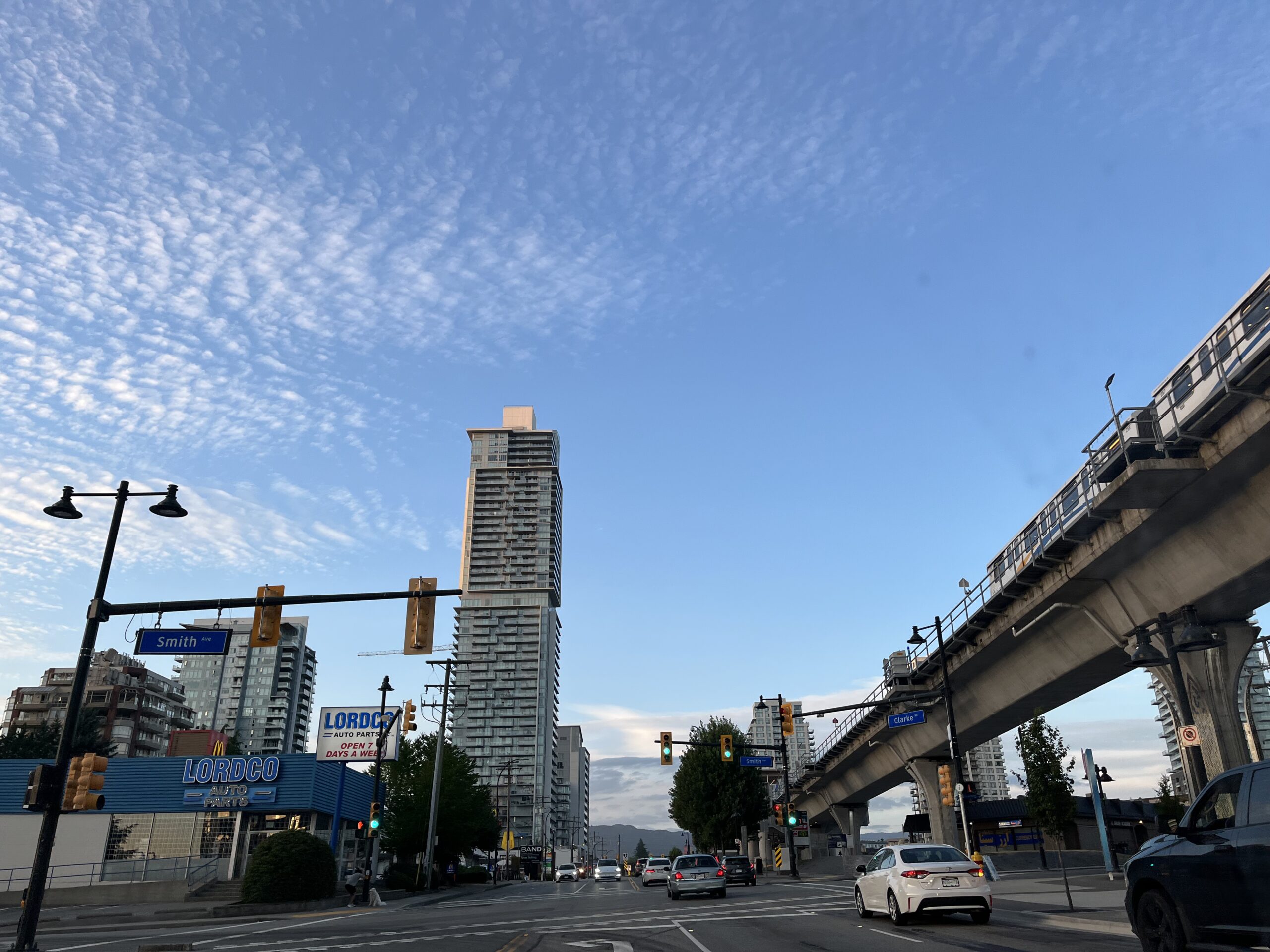Buying a condo in Vancouver as a first-time investor is one of the most realistic entry points into the city’s high-value real estate market. With limited land and continued population growth, demand for well-located condos remains strong. However, investing successfully requires more than just securing a mortgage and picking a nice unit. This guide walks you through everything you need to know to make an informed, profitable decision.
1. Clarify Your Investment Goals
Start by identifying your core investment strategy:
- Are you aiming for long-term capital appreciation?
- Do you want to generate steady rental income?
- Are you planning to live in the unit before renting it out later?
Each approach influences what type of condo to buy, what area to look in, and what financing and legal structure is best. For example, an investor focused on cash flow may prioritize neighborhoods with high rental yields, while someone focused on appreciation may prefer areas undergoing redevelopment or rezoning.
2. Understand Vancouver’s Condo Market Dynamics
As of 2025, the average condo price in Vancouver is approximately $770,000, though entry-level 1-bedroom units in areas like East Vancouver or Burnaby can still be found in the $550,000–600,000 range. Investors are competing not only with local end-users but with institutional buyers, downsizers, and international buyers in some cases.
Key trends to understand:
- Low vacancy rates: According to CMHC, Vancouver’s rental vacancy rate is under 1.2% in 2025.
- High demand for transit-friendly locations: Properties within 800m of SkyTrain stations command higher rents and appreciation.
- Stricter short-term rental regulations: If your strategy involves Airbnb, note that the City of Vancouver requires principal residence licensing.
3. Choose the Right Investment Property
Strong rental condos share a few characteristics:
- Location: Proximity to SkyTrain, major employers, hospitals, and schools is critical.
- Rental-friendly buildings: No restrictive strata bylaws; rental disclosure statements confirm rental allowance.
- Efficient layout: Units with functional floor plans, natural light, and minimal wasted space attract better tenants.
- Low strata fees: High fees can erode returns; newer buildings tend to be more efficient.
- No upcoming special assessments: Always review the depreciation report and strata meeting minutes.
Example areas to consider:
- Brentwood (Burnaby): Transit-oriented development, high tenant demand
- Joyce-Collingwood: Lower price point, growing community, SkyTrain access
- Mount Pleasant: Popular among young professionals, low vacancy, higher rent potential
4. Financing Your First Investment
Most first-time investors will need a 20% down payment for an investment property unless they plan to live in the unit.
Example: A $600,000 condo will require a $120,000 down payment, plus closing costs.
Mortgage rules to know:
- Stress test: Must qualify at 2% above your contract rate (as of 2025).
- CMHC insurance: Only available if you intend to occupy the unit.
- Interest rates: Currently hovering around 5.2% for fixed 5-year terms (subject to change).
Also consider:
- Using RRSPs via the Home Buyers’ Plan (HBP) if you’re eligible to occupy the unit initially
- Joint ownership with family or spouse to increase borrowing power
- Pre-approval before shopping, to stay competitive in a fast-paced market
5. Pre-Sale vs. Resale: What Works Best for Investors?
Pre-sale condos: Pros:
- Deposit structure is staggered (e.g., 5% today, 5% in 6-12 months)
- Potential appreciation before completion
- No mortgage until completion
Cons:
- No rental income during construction
- Market risk (value could decline)
- GST applies (5% on new homes)
- Assignments may not be allowed
Resale condos: Pros:
- Immediate rental income
- Known strata history and condition
- Established neighbourhood
Cons:
- Upfront 20% down and closing costs
- May require cosmetic upgrades to compete in rental market
Choose based on your capital availability, risk tolerance, and timeline.
6. Legal and Tax Considerations
Have your real estate lawyer review the contract, strata documents, and title. You must also budget for:
- Property Transfer Tax: 1% on the first $200,000, 2% on the next $1.8M
- GST: 5% on new/pre-sale condos (resale units are exempt)
- Capital gains tax: If you sell at a profit, 50% of the gain is taxable as income
- Depreciation: You can claim depreciation (CCA) on rental income, but it reduces adjusted cost base
Helpful CRA resource: Rental Income Tax Guide
7. Managing Your Investment
Unless you want to be a landlord, budget for a property manager (7–10% of monthly rent). Ensure leases are clear, deposits are collected properly, and maintenance issues are handled promptly.
Track all income and expenses for tax season. Use tools like:
- Stessa or Rentec Direct (rental income tracking)
- DocuSign and Zolo for digital lease signing
Final Thoughts
Buying a condo in Vancouver as a first-time investor can be a profitable and scalable entry point into real estate investing. With the right unit, financing plan, and long-term strategy, you can position yourself for consistent returns in one of Canada’s most resilient markets. But success hinges on due diligence: understanding strata rules, running the numbers, and choosing the right location based on rental demand.
For local expertise and tailored advice, consider connecting with a Realtor who understands investment-grade properties in Vancouver’s evolving neighborhoods.
Read more:
The Rise of Co-Living Spaces in Vancouver: Pros and Cons
The Role of Technology in Vancouver Real Estate: Virtual Tours and Smart Homes
Do You Really Need a Realtor to Buy a Home in Vancouver?
How Foreign Buyer Tax and Speculation Tax Affect Vancouver Real Estate
Renting vs Buying in Vancouver: Which Is Better in 2025?
My name is Jay, a longtime Metro Vancouverite sharing local real estate tips and my own photos of the city’s homes and neighbourhoods here on Vancouver Home Hub. Hope you find my blog useful! Feel free to reach out anytime at vancouverhomehub@gmail.com if you have questions.


Leave a Reply